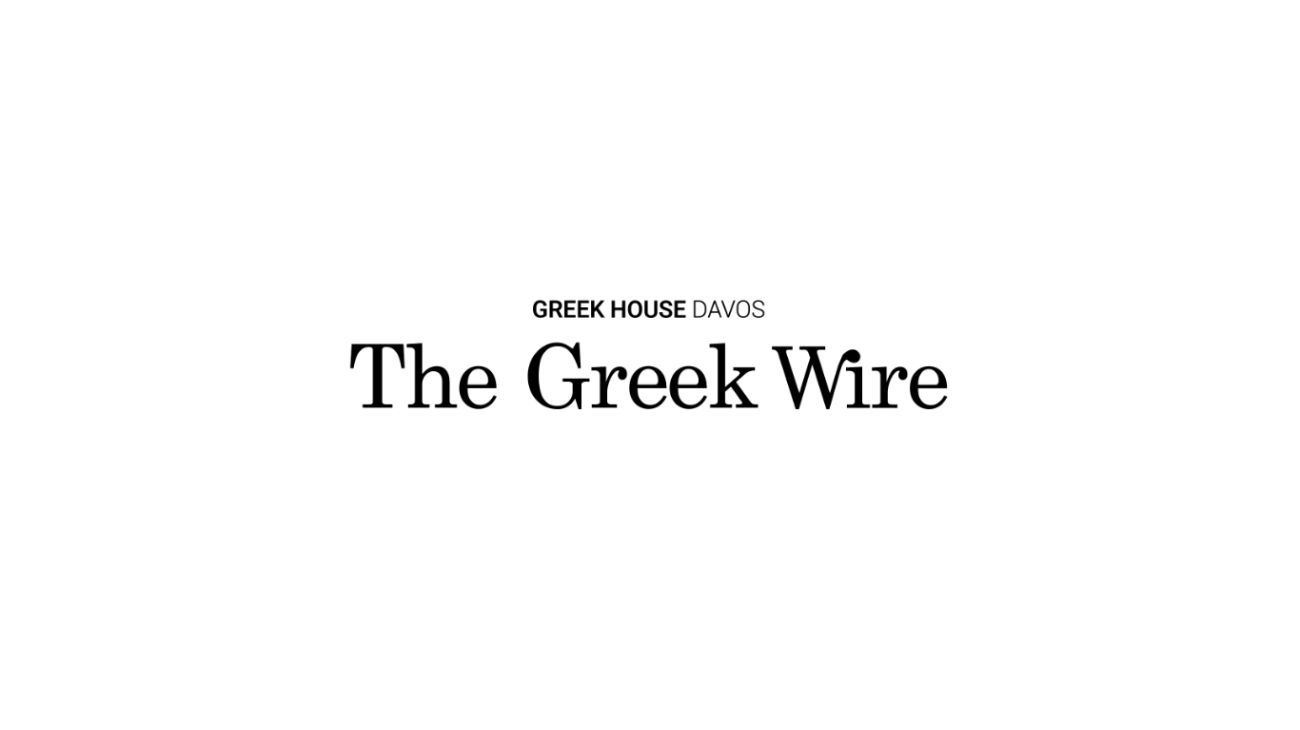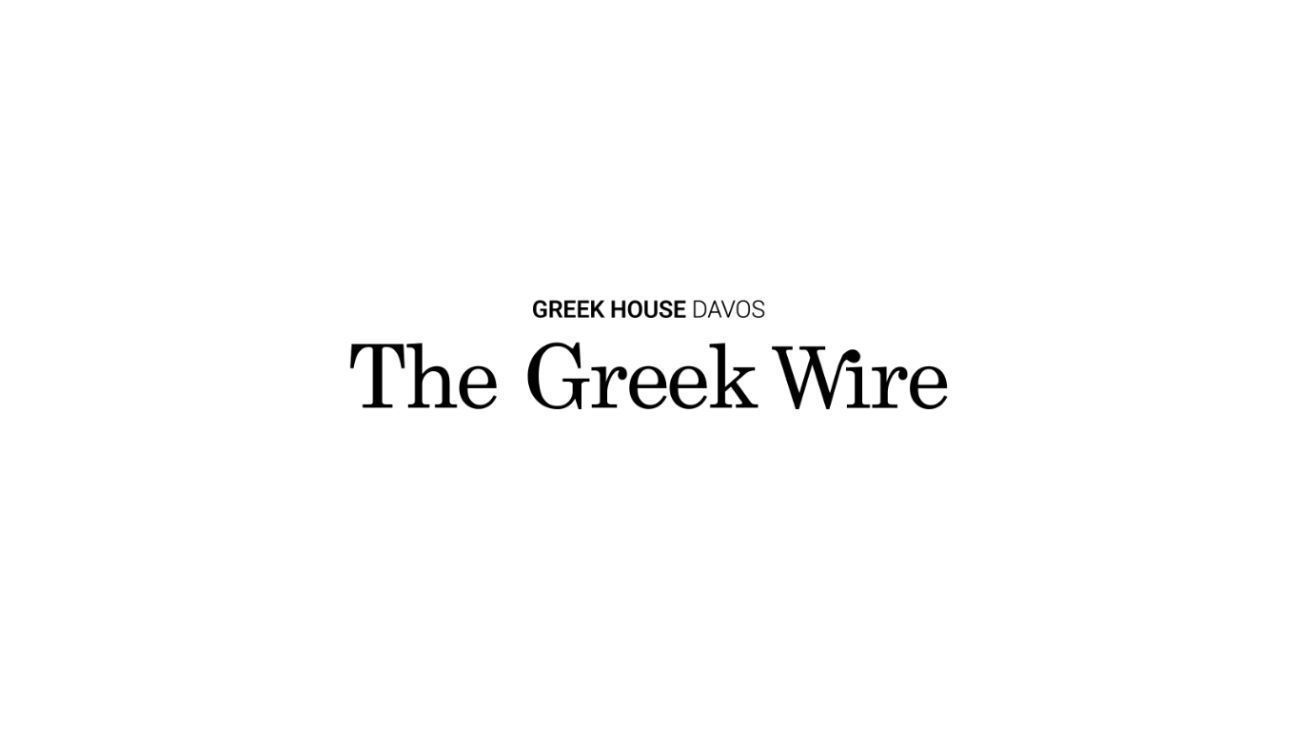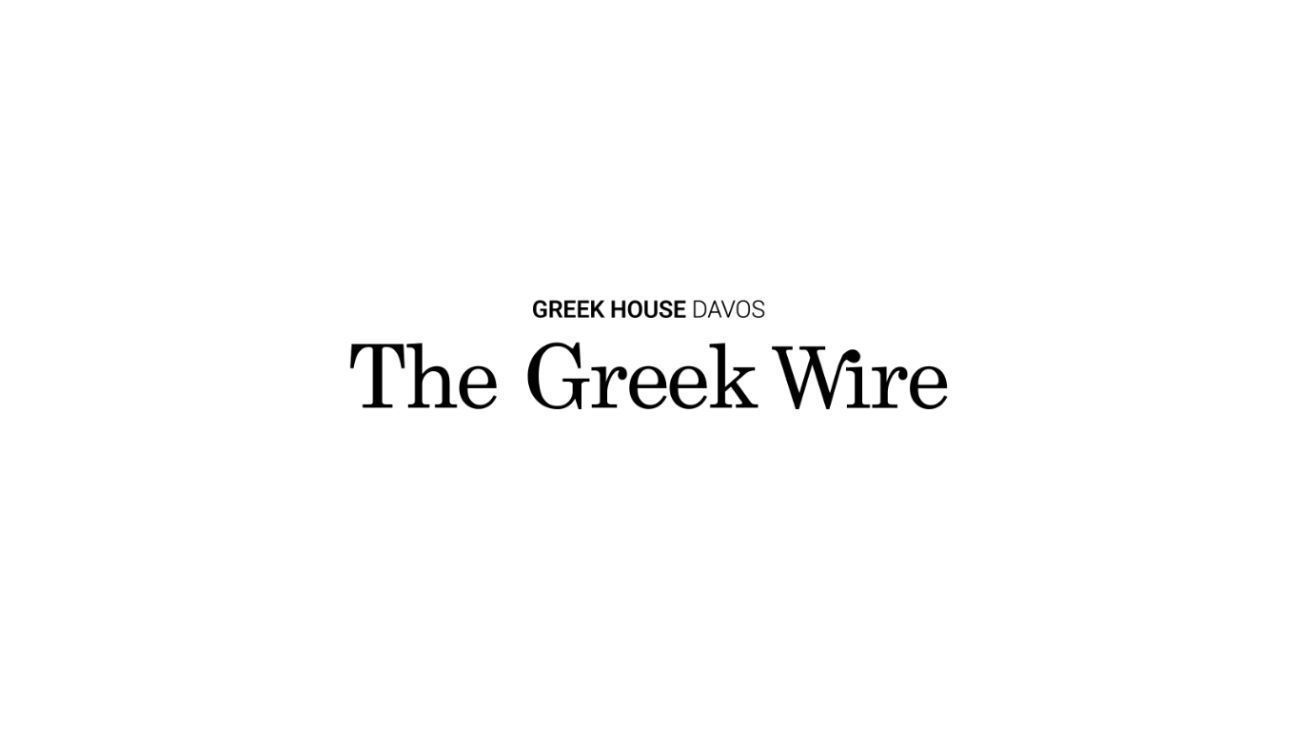16 Nov 2021
The Greek Wire - October 2021

The Greek Wire is a monthly newsletter aiming to inform you about key economic and political developments in Greece.
Greece reaffirms commitment to partnership with Egypt. Enhanced bilateral cooperation focusing on energy.
The ninth trilateral summit between Egypt, Greece, and Cyprus which took place on Tuesday in Athens with a focus on energy, regional developments and trilateral cooperation, confirms Greece’s strategic course of pursuing solid, principle-based and mutually beneficial partnerships in the Mediterranean and the MENA region at large.
During the joint statements which followed the Summit, the three leaders highlighted the role of energy as a common point of commitment and mutual strategic priority. Furthermore, Greece pledged to assume the role to link Egypt with the European Union’s energy market, through the construction of an undersea cable expected to carry electricity made out of renewable sources across the Mediterranean, the first such infrastructure project in the basin. During a period of global energy crisis, building a solid bridge between Egypt and Europe can transform the former into a key actor in regional and international energy security architecture. At the same time, Greece is upgrading itself into a crucial energy pole in the wider Mediterranean.
Increased leverage in the global geopolitical scene.
During the last years Greece has managed to bring a paradigm shift when it comes to enhancing its defence capabilities and diplomatic leverage, both at the regional and the international level.
The renewal of the Mutual Defense Cooperation Agreement with the US takes Greece’s relations with the United States to a new level indeed, as it expands and deepens bilateral cooperation between the two nations. The agreement is an important link to a long chain of strategic movements made through the past few years, indicating Greece’s intention to pursue an energetic foreign policy with the aim to rejuvenate the country’s credibility and influence. “It’s apparent that in just two years, the Mitsotakis government has fulfilled goals set decades ago and up until now remained unfulfilled”, a government source said.
Greece has signed agreements on maritime boundaries with Italy and Egypt, establishing exclusive economic zones between the countries and has at the same time achieved to resolve longstanding issues over fishing rights in the Ionian Sea.
Moreover, Greece has signed a strategic cooperation agreement with the United Arab Emirates as well as a landmark intra-NATO defence and security pact with France, paving the way for making the European Strategic Autonomy a reality. Also, as mentioned above, Greece has clinched an economically and geopolitically important agreement with Egypt, laying the foundations for an undersea cable which is to transmit power produced by renewables sources from North Africa to Europe.
Each and every of the above analysed agreements has its own distinct significance. They, however, act supplementarily, sharing a common factor: they create a uniform nexus which upgrades Greece’s stabilising role in the Balkans and Eastern Mediterranean, enhancing its deterrent capacity and safeguarding its national sovereignty against known and asymmetric threats.
In parallel, Greece has reinforced its bilateral relationship with Israel and Saudi Arabia, increasing even more its diplomatic presence into greater influence and stronger commitments.
USA sends powerful message of trust towards Greece.
International relations is a lot about timing. The time the US chose to renew the Mutual Defense Cooperation Agreement with Greece sends a clear message of trust towards Greece. As the US is withdrawing from the Mediterranean and the broader MENA region, shifting its priorities over to the Indo-Pacific Ocean, the nation chooses Greece as one of the very few European Union member-states, which it invests its geopolitical capital in. This observation is becoming even more important if one thinks that the Biden administration has not showed any similar interest towards Turkey, which was usually the case, in the near past.
Greek Government invests 320 million euros in new Smart Cities Program.
The Greek Government will fund a new Smart Cities program, aiming at transforming municipalities throughout the country, with 320 million euros.
According to the Minister of Digital Governance, the program, which will be funded by the Recovery and Resilience Fund, will support works in Greek municipalities with over 100,000 residents. At the same time, projects in smaller municipalities will be supported with funds from the National Strategic Reference Framework (ESPA).
The program’s aims include development of a wide range of local digital services including smart parking solutions and cyber security.
Greek Unemployment rate fell by 3%. - 226.985 more people put into jobs this year.
Despite the economic ramifications of the recent health crisis, Greece made it not only to secure existing jobs but also to reduce unemployment rates.
Specifically, Greece's jobless rate dropped to 13,9% in August from 16,9% in August 2020, data from the statistics service ELSTAT showed recently.
In August 2021, 226,985 more people were employed compared to August 2020 (5,9%) and 50,927 more people, compared to July 2021 (increase 1,3%).
Greece’s timely response in tackling the energy price cap.
Greece acted with unprecedented readiness in tackling the energy price cap, which resulted in millions of households facing higher gas and electricity bills. Before any measures taken in the European level, and before the Commission’s suggestions, Greece proceeded to (and later expanded) a set of social support measures, reaching 500 millions euro. Among others, the Government expanded the energy (heating) subsidy program and has narrowed down prerequisites, allowing almost 80% of households to qualify. Also, the cost of electricity supply and reconnection for citizens belonging to vulnerable social groups will be covered by the Energy Transition Fund which was recently created to serve the purposes of the government’s social policy strategy.








